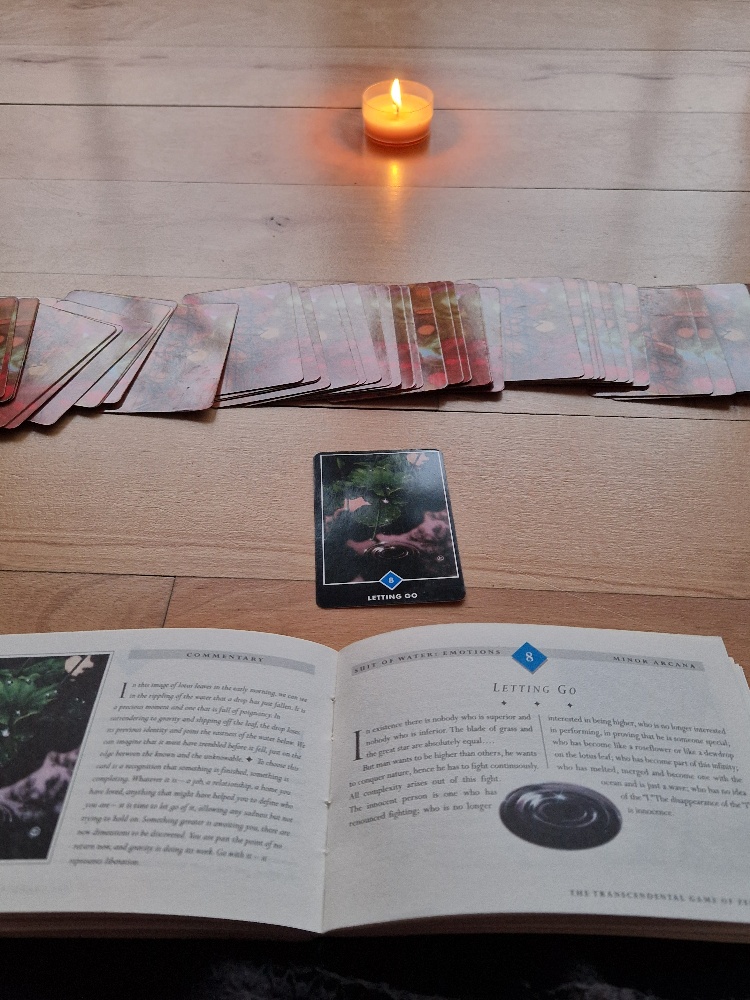Father, forgive them,
For they know not what they do.
The Christ
As I walked out the door toward the gate that would lead to my freedom, I knew if I didn’t leave my bitterness and hatred behind, I’d still be in prison.
Nelson Mandela
The Empathize power of your Sage awakens a range of feelings, from empathy, to compassion, love, forgiveness, appreciation, and gratitude.
Shirzad Chamine: `Positive Intelligence´
Love is forgiving; only then is love for the giving.
Patrick Little
The definition of forgiveness is to let go of feeling upset, angry, or resentful towards someone who has done wrong. It therefore also encompasses letting go of our supposed right to `requital´; something given in return, compensation, or retaliation.
From this definition it should be abundantly clear that, when it comes to forgiveness, the act is more about us than he, she, or they who have wronged us in the first place. I have no leverage over the behaviour of others, only over my own thoughts, feelings, and actions. The act of forgiveness is, therefore, an act onto oneself, and very liberating.
An error often made is that forgiveness implies condoning the behaviour of those we wish to forgive. This error has its roots in my ego, that part of me that wishes to hold on, for dear life, to the anger, the rage, the entitlement to `get even´, and the resentment. In so doing, the ego is simply following its innate purpose, and it thus achieves the goal of keeping me at the centre of the action. Life is all about me.
The trouble with this stance is two-fold. Firstly, resentment is like drinking poison and hoping the other will die from it (consider also that the other my even be oblivious to such exertions on my part). It depletes available energy and leaves us open to physical ailments, psychological illness, and moral decay. Secondly, that stance inevitably results in extreme loneliness, separating me from my fellows, from creation as a whole, and ultimately, from my own true Self.
Forgiveness, on the other hand, requires compassion. Compassion amounts to remembering the humanity in each person; whether we respect or dislike them is irrelevant. Recognizing that those who harm us have made poor choices — choices that may have cost them nothing, may even have advantaged them, but which cause us pain — does not mean that they are exempt from moral responsibility for their actions. It means only that we understand they are not `monsters´ but, rather, humans behaving in a monstrous fashion.
All of us, without exception, have the capacity to behave monstrously at times. Any brief glance at human history will confirm this. Such behaviour does not in any way take away from the possibility that we are, in essence, `all one´; that that essence is made up of pure love. In the Positive Intelligence (PQ) framework I now increasingly use in my coaching, this essence is referred to as the `Sage´.
The core goal of PQ mental fitness training is to train three mental muscles: The Saboteur Interceptor, the Sage Enhancer, and the Mind Command muscle. The latter enables us to strengthen our ability to switch from Saboteur to Sage, ideally in real time. PQ can thus be regarded as an `Operating System´ on which a wide range of applications (business goals, team building, relationship issues, parenting, healthy living, etc) can better run.
Here is an example of the Saboteur-Sage switch; sometimes a client will describe a conflict that is holding them back, declaring that such and such person’s behaviour was `unforgivable´. While I recognise and empathise with the obvious deep hurt being experienced in that moment, it is clear to me that the client’s stance results from being hijacked by one or other (or indeed a gang of) Saboteur within her/his own mind. It could be the Judge, the Hyper-Rational, the Avoider, or any one of those voices which reside in our minds.
When we develop the capability to recognise and intercept these voices, perhaps turning down the volume from, say, 10 to 2, we can tread new ground. We can move beyond them to find alternative responses, rather than acting on the fear-fuelled impulse by means of which they endeavour to trigger us into snap judgements and reactive, rather than considered, behaviour.
The impulsive (Saboteur-hijacked) mind acts spontaneously without consideration for the broader consequences of the action. The everyday jumping to conclusions, defensive reactions, or recourse to denial, are on-the-spot impulsive reflexes, initiated without processing all the information available from considering the broader picture.
This important insight about the human mind explains why we are conflicted, inconsistent, and prone to thought patterns and behaviours which turn out to be destructive. These drain much of the energy available to us, resulting in depression, physical disease, poor performance, and an inability to unfold our full human potential.
A self-control problem implies that individuals are acting against their own better judgment of what is in their long-term interest and is tantamount to driving a car with the hand brake on. I know these manifestations from my own experience and can attest to their destructive potential. I can sometimes smell the burning rubber!
Today’s lesson in A Course in Miracles reminds us that: `Conflict must be resolved. It cannot be evaded, set aside, denied, disguised, seen somewhere else, called by another name, or hidden by deceit of any kind, if it would be escaped´. The resolution of this on-going internal mental conflict lies in forgiveness.
Forgiveness says: `The essence of the person standing before me is pure love´. While the Saboteurs argue that we must first understand the other before we can love them, the Sage knows that until we love the other, we cannot hope to understand them.
My study and work this month brought the following deeply touching example of forgiveness to my attention.
Prayer from a Jewish inmate, found on a scrap of paper in the clothing of the corpse of a child at Ravensbrück concentration camp, 1945.
`O Lord, remember,
not only the men and women of good will,
but also those of ill will.
But do not remember all the suffering
they have inflicted on us;
remember the fruits we have borne,
thanks to this suffering:
our comradeship, our loyalty,
our humility,
our courage, our generosity,
the greatness of heart which has grown out of all this.
And when they come to judgement,
let all the fruits we have borne be their forgiveness.´
When I shared this after my latest PQ coach peer group call, a colleague immediately responded, saying: `Reading this poem makes me proud to be human.´
This is a good description of my own reaction. I trust that the development and application of the PQ Operating System will continue to enhance my capacity for forgiveness and that of my clients, as we progress with this fruitful work.








